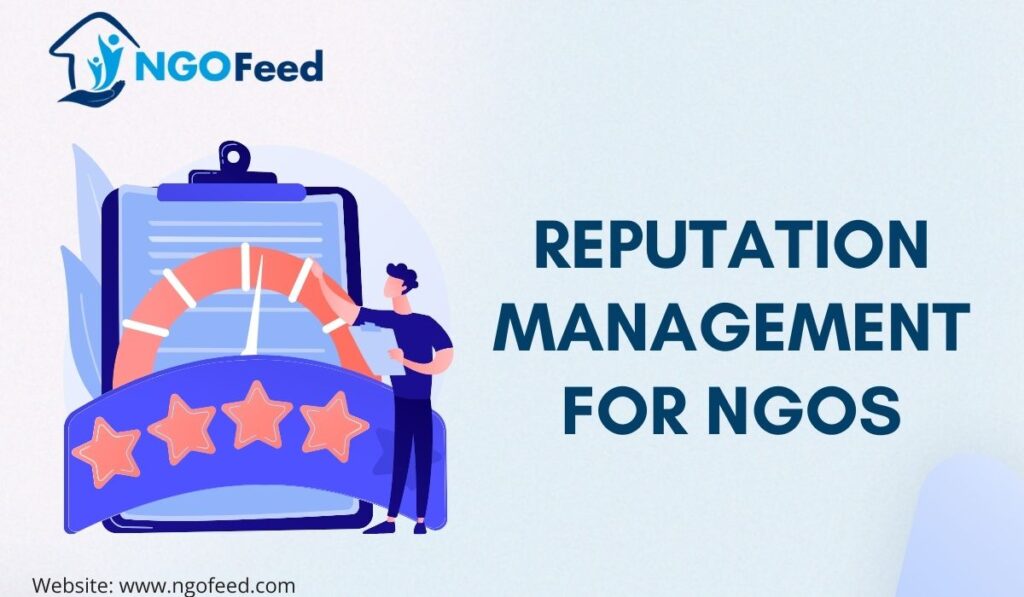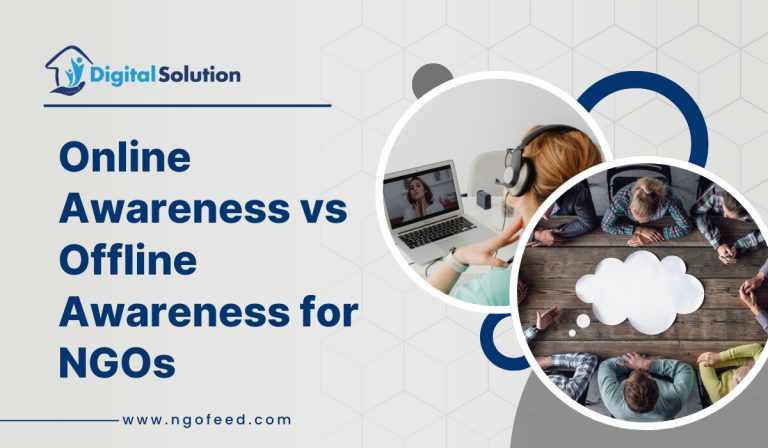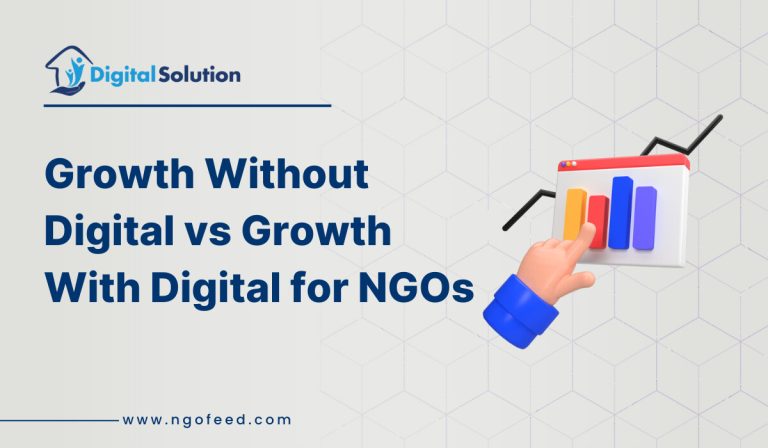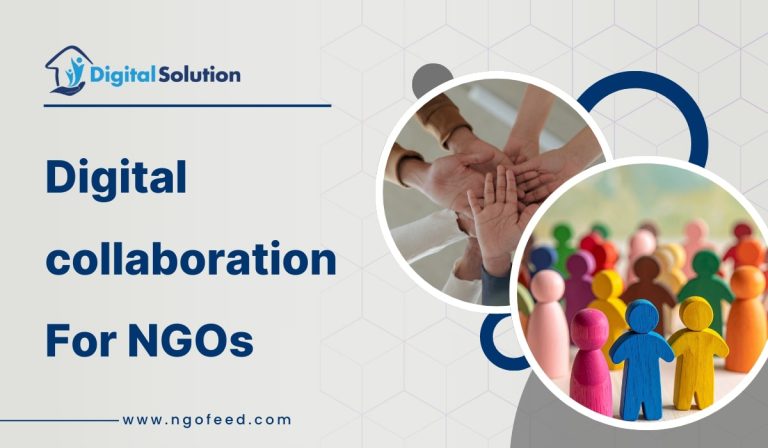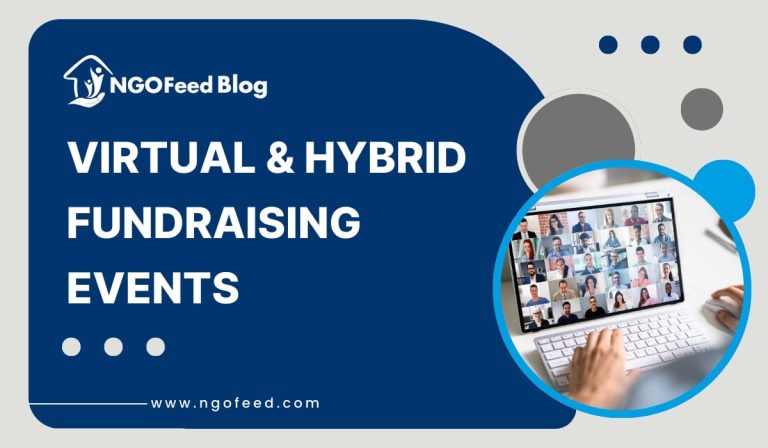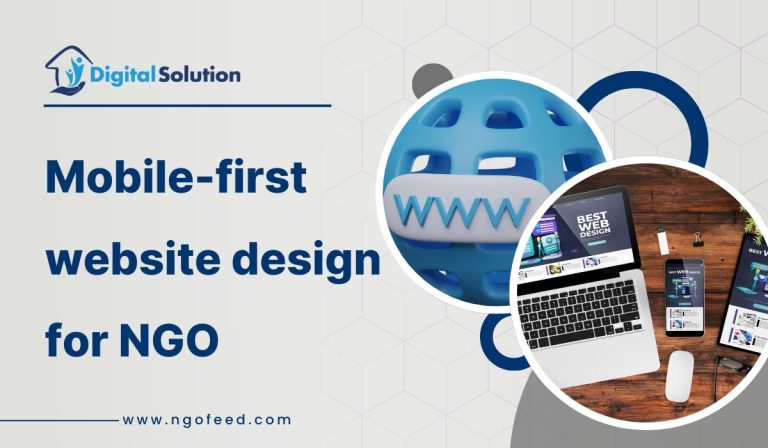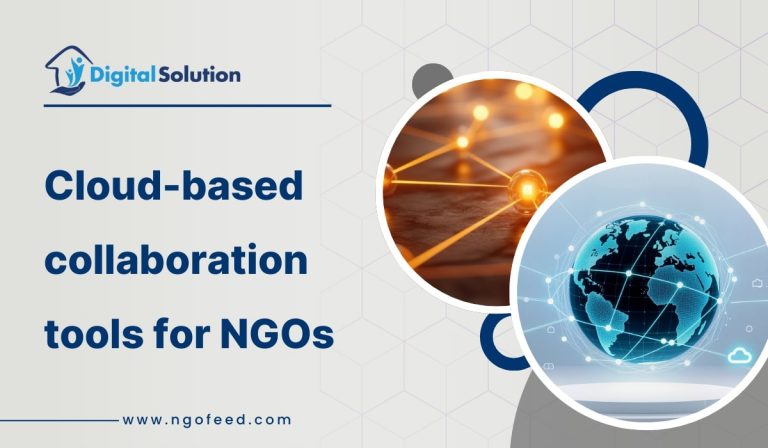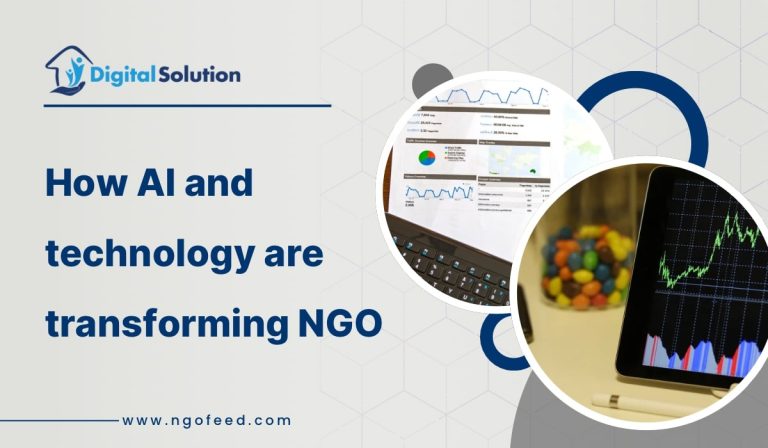Reputation Management for NGOs: Reputation management is the practice of influencing stakeholder perceptions and public conversations about an organisation and its brands. It includes monitoring perceptions and conversations, responding to reputation threats and proactively seizing opportunities to boost reputation.
Reputation management is part of a comprehensive organisational strategy that implicates most business functions in some capacity, including communications, marketing, legal, customer experience, and sales and loyalty.
Table of Contents
Types Of Reputation Management
Reputation management (ORM) strategies are designed to improve and maintain the narrative surrounding individuals, brands, or organisations. Here are some common types of reputation management within ORM:
1. Online Reputation Management: This involves controlling an individual’s or organisation’s reputation by monitoring and responding to online reviews, comments, and mentions. It also includes creating positive content to enhance overall reputation.
2. Crisis Management: This strategy aims to minimise the damage caused by a crisis or negative event. It involves implementing a clear plan to address the situation, communicate effectively with stakeholders, and reduce reputational harm.
3. Brand Management: This focuses on building and maintaining a positive reputation for a brand or product. Effective brand management includes creating a strong brand image, communicating brand values, and consistently delivering on brand promises to enhance reputation.
4. Personal Reputation Management: This type is dedicated to managing and improving the reputation of individuals, such as public figures or executives. It involves monitoring public perception across various channels, including social media, interviews, and public appearances.
5. Reputation Repair: This strategy focuses on rebuilding a damaged reputation. It involves addressing the root causes of the damage, implementing corrective measures, and actively working to regain trust and credibility.
How To Build And Maintain A Positive Online Reputation?
1. Audit Your Online Presence
Start by searching for your name online to see what others can find about you. Review social media profiles, websites, and online directories for outdated, irrelevant, or negative content. Update your profiles with accurate and current information, including your skills, achievements, and professional photos. Ensure your content aligns with your career goals.
2. Create Valuable Content
Share content that demonstrates your expertise and personality. Use blogs, videos, podcasts, and online courses to offer insights and solutions. Engage with reputable platforms and communities in your field. Quality content, whether written or visual, builds trust and enhances your personal brand.
3. Engage with Your Network
Build relationships with peers, mentors, and potential employers or clients by interacting on social media and professional platforms. Join industry-related groups and participate in discussions. Providing feedback, offering advice, and sharing valuable content strengthens your online presence.
4. Monitor and Manage Your Reputation
Regularly track your online presence using tools like Google Alerts or BrandYourself. Respond to feedback, reviews, or testimonials promptly and professionally. Address any negative content or complaints, and highlight positive achievements to maintain a strong online reputation.
How Does Reputation Management Mould NGOs?
Reputation management significantly influences NGOs in several ways:
1. Building Credibility
A strong reputation enhances the credibility of NGOs, helping them gain trust from stakeholders, including donors, partners, and the communities they serve. Effective reputation management communicates the NGO’s mission, values, and impact, reinforcing its reliability.
2. Attracting Funding
Positive reputation management can lead to increased funding opportunities. Donors and grant-making organisations are more likely to support NGOs that demonstrate transparency, accountability, and a proven track record of success.
3. Enhancing Visibility
By actively managing their reputation, NGOs can improve their visibility in the public eye. This includes leveraging social media, engaging in storytelling, and showcasing their achievements, which helps to raise awareness of their cause.
4. Crisis Response
Reputation management equips NGOs to handle crises effectively. By having a crisis communication plan in place, NGOs can address negative events or feedback promptly, minimising damage to their reputation and maintaining stakeholder trust.
5. Fostering Community Engagement
A good reputation encourages community engagement. NGOs that are perceived positively are more likely to receive support from local communities, volunteers, and advocates, which is crucial for their operations and outreach.
6. Strengthening Partnerships
A strong reputation can facilitate collaborations with other organisations, governmental bodies, and the private sector. NGOs known for their integrity and effectiveness are more attractive partners for joint initiatives and programs.
7. Improving Operational Effectiveness
Reputation management involves collecting and responding to feedback, which can lead to improved services and programs. By understanding stakeholder perceptions and needs, NGOs can refine their strategies and operations for greater impact.
8. Empowering Advocacy
NGOs with a solid reputation can more effectively advocate for their causes. A trusted organisation is better positioned to influence policy changes and garner public support for important issues.
How to Handle a Reputation Crisis For Non-Profit?
Define reputational risk
Reputational risk is the potential loss of trust, support, or influence that a nonprofit may suffer as a result of a negative perception or opinion about its actions, values, or performance. Reputational risk can affect a nonprofit’s ability to attract and retain donors, volunteers, partners, and beneficiaries, as well as its advocacy and policy impact. Reputational risk can also expose a nonprofit to legal, regulatory, or financial consequences.
Identify the sources of reputational risk
To assess reputational risk in a crisis, a nonprofit needs to identify the sources and causes of the negative perception or opinion. These can range from internal ethical breaches or scandals involving staff, board members, or beneficiaries to external financial mismanagement or fraud.
Ineffective or inefficient programs or services, a lack of transparency or accountability, poor governance or leadership, conflicts of interest or values, negative media coverage or social media feedback, competition or criticism from other nonprofits or stakeholders, and political or social controversies or changes are all common sources of reputational risk for nonprofits.
Evaluate the impact of reputational risk
In order to evaluate the impact and severity of a negative perception or opinion on a nonprofit’s reputation and credibility, one must consider the extent and reach of the negative opinion, the credibility of the source, its relevance and validity, the expectations of key audiences and stakeholders, how it aligns with the nonprofit’s mission and values, as well as any potential or actual consequences it may have on the nonprofit’s operations, finances, or legal status.
Develop a response strategy for reputational risk
In order to adequately address reputational risk, a nonprofit must develop an appropriate, timely, and effective response strategy. This strategy should include a clear and consistent message that communicates the nonprofit’s position, values, and actions. It should also designate a spokesperson or team to interact with the media, social media, and other stakeholders.
Manage reputational risk in a crisis
Managing reputational risk in a crisis is not a one-time event, but an ongoing process that requires constant attention and adaptation. Nonprofits need to maintain transparency and accountability with key audiences and stakeholders, demonstrate and communicate impact and value, align and reinforce mission and values, seek and respond to feedback and criticism, collaborate and cooperate with other nonprofits and stakeholders, anticipate and prepare for potential crises, and learn from past crises in order to effectively manage reputational risk.

